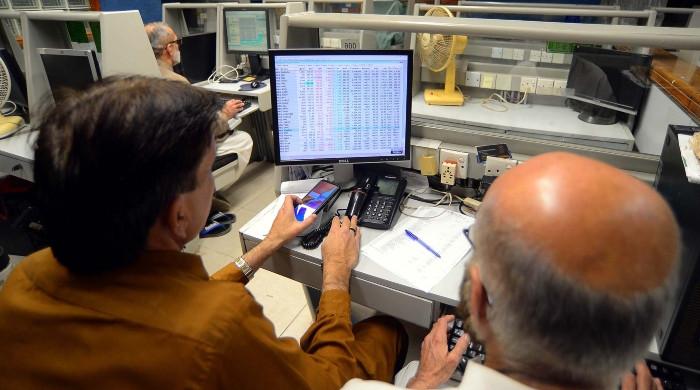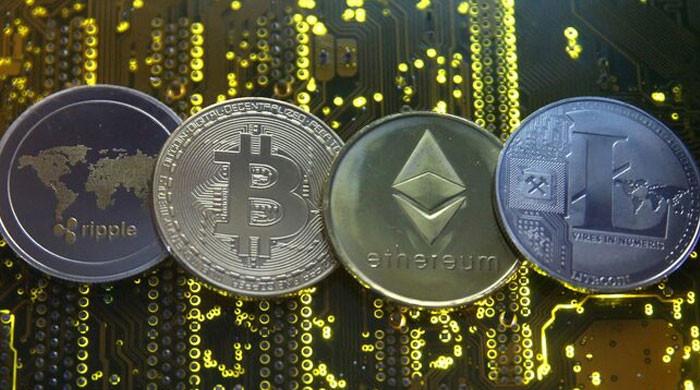Govt rejects reports of power tariff hike
Energy Minister Khurram Dastgir asserts no such proposal under consideration by federal government
December 21, 2022

- Energy Minister says no such proposal under consideration.
- Reduction of circular debt not possible via tariff hike only, minister adds.
- Dastgir terms reports of decrease in revenue collection "baseless".
The Power Division Wednesday rejected reports of an increase in power tariff after Energy Minister Khurram Dastgir said no such proposal was under consideration by the government.
The minister categorically refuted reports suggesting a hike in electricity prices. The ministry runs various simulations to reduce circular debt with a wide range of options under consideration, it does not circle back to jacking up the tariff, the power division's statement read.
Dastgir also termed the reports claiming a decrease in revenue collection by 83% "baseless".
"This figure is only for the month of September where consumers were given relief in fuel price adjustment and late payments were received due to the devastating floods affecting one-third of Pakistan," he said.
Highlighting the amount of cumulative collection made in the last six months, the energy minister said the total collection stood at 91% from July to November, while it was 98% against computed billing in November.
Contrary to media reports, Dastgir said that the transmission and distribution losses reflected a reduction in the last four months with a visible decrease from 20% to 11% witnessed from July to October.
A day earlier, reports stated that the government is considering a proposal to increase electricity tariffs in its bid to slash circular debt in a last-ditch effort to revive the stalled International Monetary Fund (IMF) programme.
According to the reports, the maximum power tariff could have gone up by Rs31.6/ per kWh through the imposition of a new surcharge if the proposal was to be considered.
The proposal, as per reports, aimed to slap a surcharge on five categories including commercial, bulk, industrial, others, and general services while protecting domestic and agriculture sectors.
Top official sources confirmed to The News on Monday that the cash-bleeding power sector was heading towards a totally unsustainable level as the requirement of the power sector might escalate to a whopping Rs1.73 trillion for the current fiscal year against an initial budgetary allocation of Rs0.57 trillion mainly because of inadequate budgetary allocations.
— Additional input from APP











